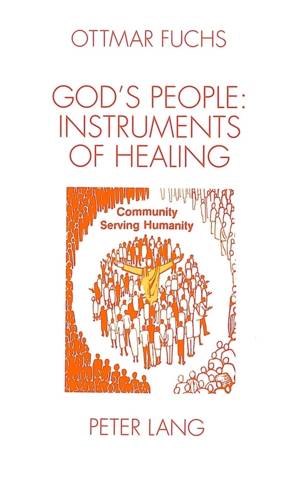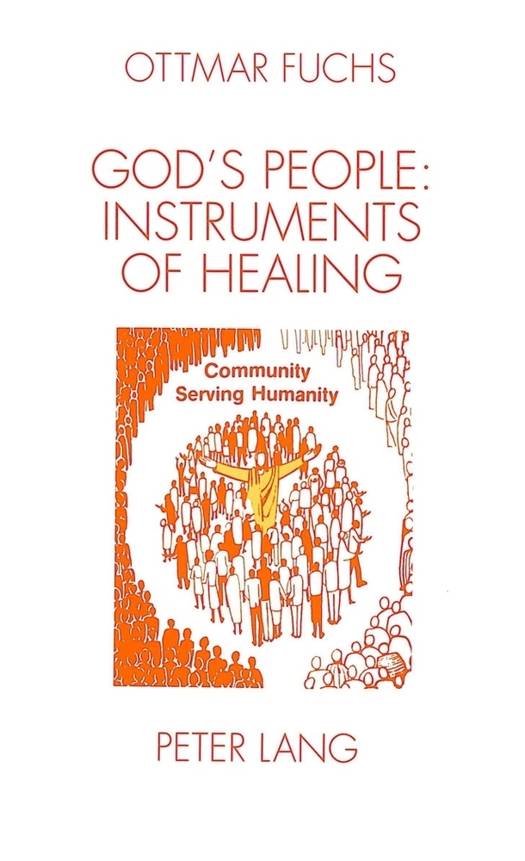
Je cadeautjes zeker op tijd in huis hebben voor de feestdagen? Kom langs in onze winkels en vind het perfecte geschenk!
- Afhalen na 1 uur in een winkel met voorraad
- Gratis thuislevering in België vanaf € 30
- Ruim aanbod met 7 miljoen producten
Je cadeautjes zeker op tijd in huis hebben voor de feestdagen? Kom langs in onze winkels en vind het perfecte geschenk!
- Afhalen na 1 uur in een winkel met voorraad
- Gratis thuislevering in België vanaf € 30
- Ruim aanbod met 7 miljoen producten
Zoeken
God's People: Instruments of Healing
The Diaconical Dimension of the Church
Ottmar Fuchs
Hardcover | Engels
€ 46,95
+ 93 punten
Omschrijving
The future impact of the churches on the societies in which they are situated depends on how they are experienced as healing and solidarizing communities (concerning their religious and social praxis) within themselves and to the outside. Exactly this is the question of the diaconical dimension of the church: the question of how much love (in terms of mercy and justice) and freedom (to the individual and to society) are being spread by the churches in this world.
Theologically this book refers not only to the biblical foundations but also to the latest theology of the II Vatican Council (and of the appropriate understanding of the term «Evangelization») within the Catholic Church, without suggesting that this theological position is something exclusive in the ecumenical sphere. It rather may support similar theologies emerging from other churches, as a kind of offer to solidarize with each other looking for the possibilities of substantiating the Christian faith.
Theologically this book refers not only to the biblical foundations but also to the latest theology of the II Vatican Council (and of the appropriate understanding of the term «Evangelization») within the Catholic Church, without suggesting that this theological position is something exclusive in the ecumenical sphere. It rather may support similar theologies emerging from other churches, as a kind of offer to solidarize with each other looking for the possibilities of substantiating the Christian faith.
Specificaties
Betrokkenen
- Auteur(s):
- Uitgeverij:
Inhoud
- Aantal bladzijden:
- 180
- Taal:
- Engels
Eigenschappen
- Productcode (EAN):
- 9783906750910
- Verschijningsdatum:
- 1/07/1993
- Uitvoering:
- Hardcover
- Formaat:
- Genaaid
- Afmetingen:
- 152 mm x 229 mm
- Gewicht:
- 229 g

Alleen bij Standaard Boekhandel
+ 93 punten op je klantenkaart van Standaard Boekhandel
Beoordelingen
We publiceren alleen reviews die voldoen aan de voorwaarden voor reviews. Bekijk onze voorwaarden voor reviews.









